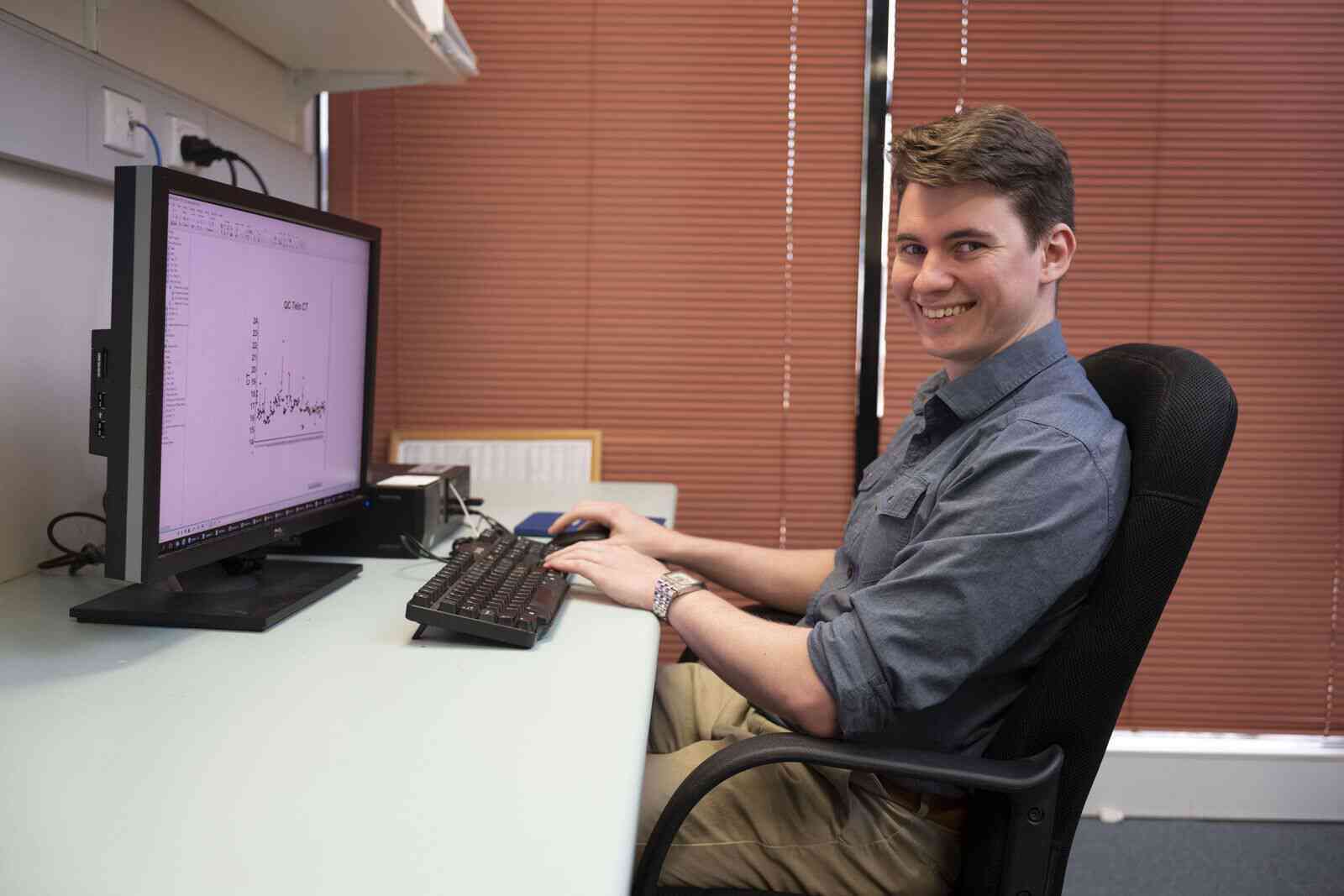Latest News
Release of second edition IDF-Western Pacific Region's Diabetes Care and Disasters Guidelines
31/07/2022
The second edition of the “Diabetes and Disasters - IDF Western Pacific Region (WPR) manual is now available. Since the first edition, released in 2015, there have been regular updates to the Disaster Program led by Prof. Alicia Jenkins (Australia) and Prof. Takashi Kadowaki (Japan), approved by the regional executive boards. This 2nd and substantially expanded (223 page) 2nd edition is a major update.
Read More
Congratulations to Dr Luke Carroll
04/12/2020
for an excellent review published in The Lancet.
Read More
New Centre for Research Excellence
07/10/2020
Alicia Jenkins is a CI and Tony Keech is an AI on a recently announced 5-year $2.5 million dollar NHMRC Centre of Research Excellence for Better Outcomes in Coronary Artery Disease led by Prof. Gemma Figtree.
Read More











